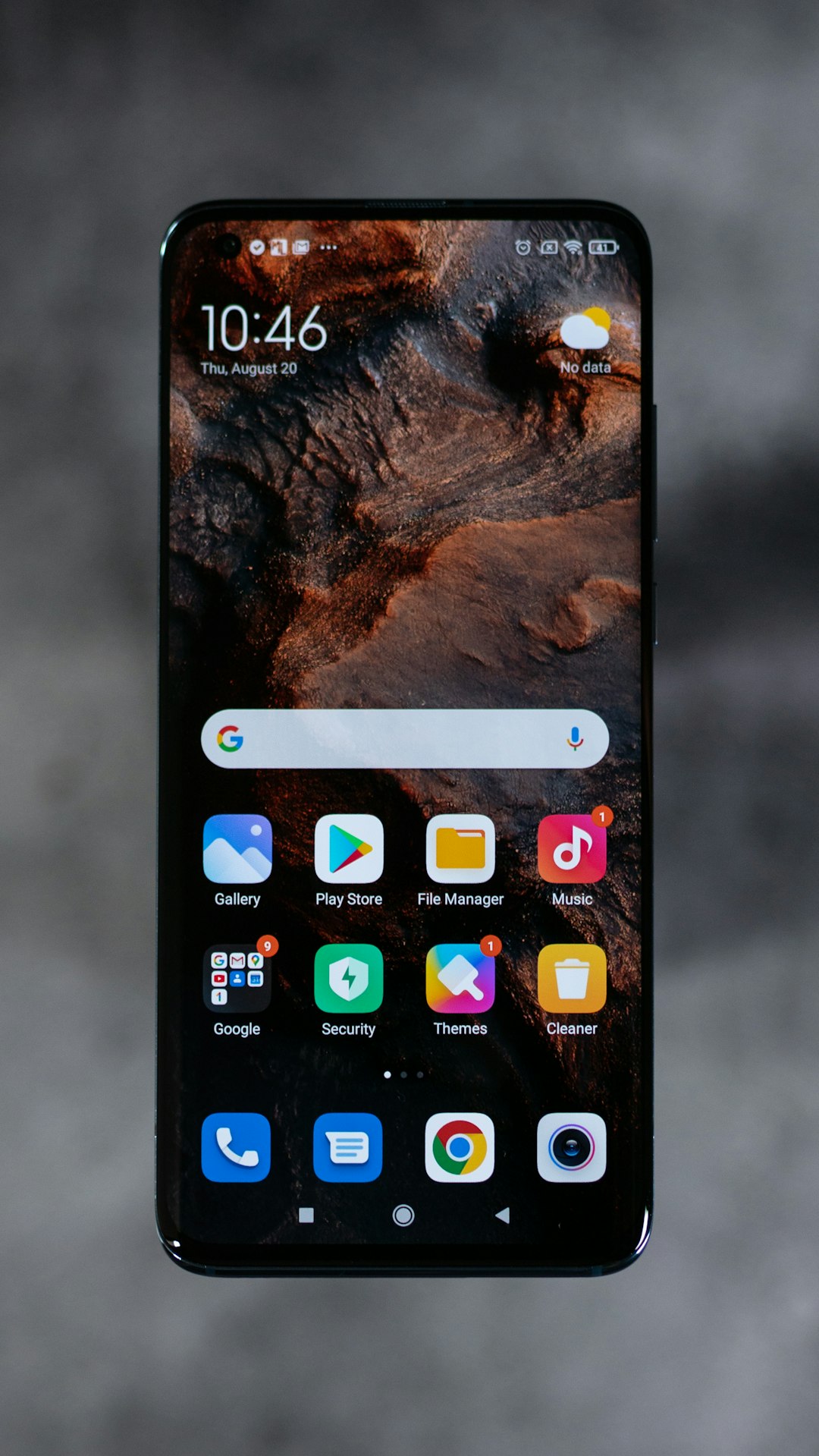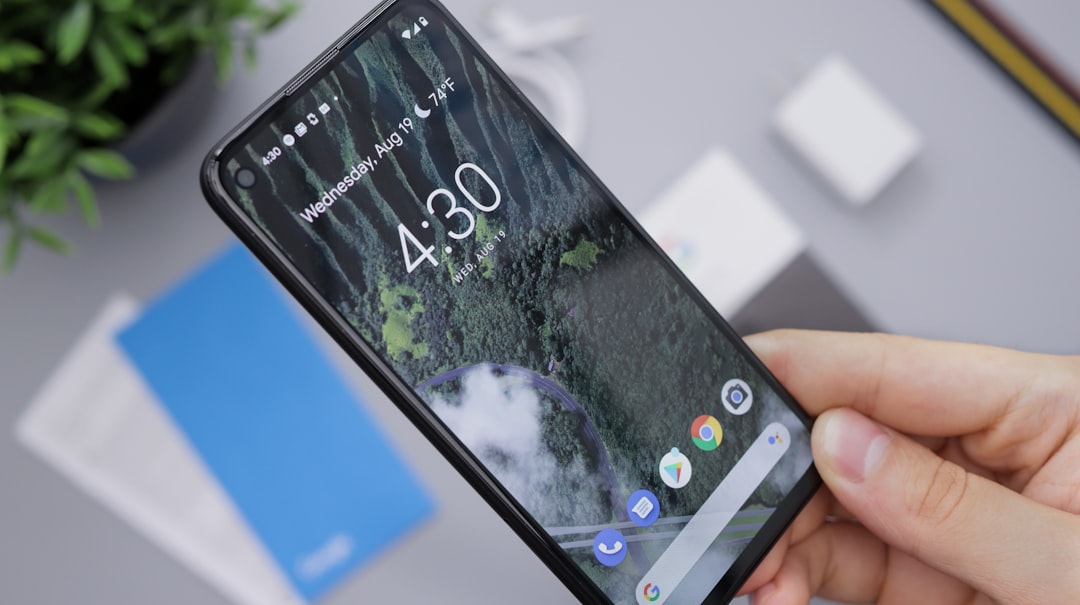In West Virginia, autodialer law firms play a crucial role in regulating telemarketing practices while prioritizing consumer privacy. The state mandates explicit consent from recipients for automated dialing systems, with severe legal penalties for non-compliance. Missteps can lead to substantial fines, reputation damage, and lawsuits. To avoid these pitfalls, businesses must strictly adhere to regulations regarding do-not-call lists, opt-out mechanisms, and fair telemarketing practices, focusing on obtaining written consent, implementing robust opt-out options, and utilizing advanced autodialer technology for precise targeting and monitoring.
In the digital age, businesses increasingly rely on autodialers for marketing and communication purposes. However, navigating the legal landscape surrounding these technologies can be complex, especially in West Virginia. This article explores the top 5 legal mistakes that businesses make when using autodialers, highlighting critical aspects of West Virginia’s regulations. From understanding state laws to adopting best practices, learn how to avoid common pitfalls and ensure compliance for your autodialer campaigns, particularly as a law firm operating within West Virginia’s jurisdiction.
Understanding West Virginia's Laws Regulating Autodialers

In West Virginia, the regulation of autodialers falls under the broader category of telemarketing laws, which are designed to protect consumers from unwanted and intrusive marketing practices. The state’s laws aim to ensure that businesses utilize autodialing technologies responsibly and with respect for individual privacy. Understanding these regulations is crucial for any business looking to operate within West Virginia’s legal framework.
West Virginia’s autodialer law firms specifically address the use of automated dialing systems, requiring consent from recipients before making any telemarketing calls. This means businesses must obtain explicit permission, often through opt-in mechanisms, to contact consumers by phone using an autodialer. Failure to comply with these rules can lead to significant legal repercussions, including fines and damage to a company’s reputation.
Common Legal Mistakes Made by Businesses Using Autodialers

When businesses in West Virginia implement autodialers for marketing or outreach purposes, they may inadvertently stumble upon legal pitfalls. Common mistakes include failing to obtain proper consent for automated calls, disregarding do-not-call lists, and not providing opt-out mechanisms, which can lead to significant legal repercussions and financial penalties. Many law firms across the state have seen a surge in cases related to autodialer misuse, highlighting the importance of understanding and adhering to the regulations governing these technologies.
Additionally, businesses often underestimate the scope of consumer protection laws, especially those related to telemarketing practices. Misinterpreting or ignoring these laws can result in class-action lawsuits and damage to a company’s reputation. West Virginia’s strict guidelines on autodialer usage demand that businesses prioritize compliance to avoid such mistakes and ensure their long-term success in the market.
Implications of Violating Autodialer Regulations in WV

Violating autodialer regulations in West Virginia can have significant implications for businesses, leading to substantial fines and damage to their reputation. The state’s strict laws aim to protect consumers from unsolicited phone calls, ensuring fair practices in telemarketing. When a business uses an autodialer without proper authorization or fails to comply with do-not-call requests, it risks facing legal repercussions.
These violations can result in lawsuits filed by affected individuals or class action suits, which can be costly and time-consuming. Auto dialer law firms in West Virginia are increasingly seeing cases where businesses have overlooked important regulations, leading to potential penalties and increased scrutiny from regulatory bodies. Compliance is key; businesses must ensure they understand and adhere to the state’s guidelines to avoid these pitfalls.
Best Practices for Law Firms and Businesses to Avoid Autodialing Pitfalls

To steer clear of common autodialing pitfalls, law firms and businesses in West Virginia should adopt a proactive approach, ensuring strict compliance with telemarketing regulations. First and foremost, obtain explicit consent from recipients before initiating automated calls; this involves gaining written permission and clearly outlining opt-out options. Implementing robust do-not-call mechanisms is crucial to prevent unwanted contact and can be achieved through comprehensive training for staff and clear communication with clients.
Additionally, firms should invest in advanced autodialer technology that offers precise targeting and allows for compliance monitoring. Regularly reviewing and updating privacy policies regarding automated communications is essential, staying current with West Virginia’s laws and regulations. Transparency and accountability are key; providing detailed information about call sources and purposes can foster trust with clients and reduce the risk of legal repercussions.






